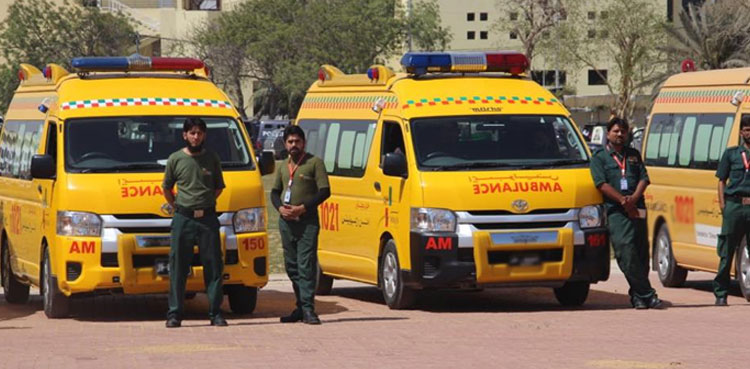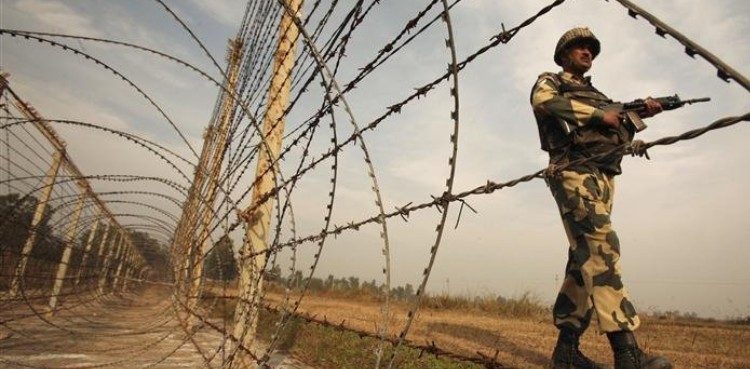UNITED NATIONS: UN Secretary-General Antonio Guterres Friday supported Pakistan’s call to release frozen funds of the Afghan government and appealed for an injection of cash into the war-torn country to avoid an economic meltdown.
The UN chief said that the economic crisis would spark a “catastrophic” situation for the Afghan people and be a “gift for terrorist groups.”
Pakistan has, on multiple occasions, reiterated that the world must not isolate Afghanistan and urged the international community to address the humanitarian needs of the country.
Speaking to the media in Islamabad along with his Spanish counterpart Jose Manuel Albares, Foreign Minister Shah Mehmood Qureshi on Friday had suggested that the decision of freezing the Afghan funds will not be helpful and be revisited.
UN chief remarks for Afghanistan’s help come after his special envoy on Afghanistan, Deborah Lyons, warned the Security Council on Thursday that the freezing of billions of dollars in international Afghan assets to keep them out of Taliban hands would inevitably spark “a severe economic downturn.”
“At the present moment the UN is not even able to pay its salaries to its own workers,” Guterres told reporters.
“We need to find ways to avoid a situation that would be catastrophic for the people and, in my opinion, a source of instability, and an action, gift for terrorist groups still operating there,” he said.
Guterres said he had been speaking with International Monetary Fund chief Kristalina Georgieva, telling reporters it was essential to agree on waivers or mechanisms to get money into Afghanistan. The IMF has blocked the Taliban from accessing some $440 million in new emergency reserves.
Much of the Afghan central bank’s $10 billion in assets are also parked overseas, where they have been frozen since the Taliban came to power last month. They are considered a key instrument for the West to pressure the new Afghan rulers.
Both Guterres and UN aid chief Martin Griffiths hope that international programs to get cash into war-torn Yemen could be replicated in Afghanistan. In Yemen, the UN children’s agency, UNICEF, makes monthly cash payments to some 1.5 million of the poorest families through a program funded by the World Bank.
The United Nations is also working to ensure it can continue its humanitarian work in Afghanistan, where at least 18 million people – half the country’s population – already need help.
“We are permanently engaging with the Taliban and we believe that the dialogue with the Taliban is absolutely essential at the present moment,” Guterres said.














































